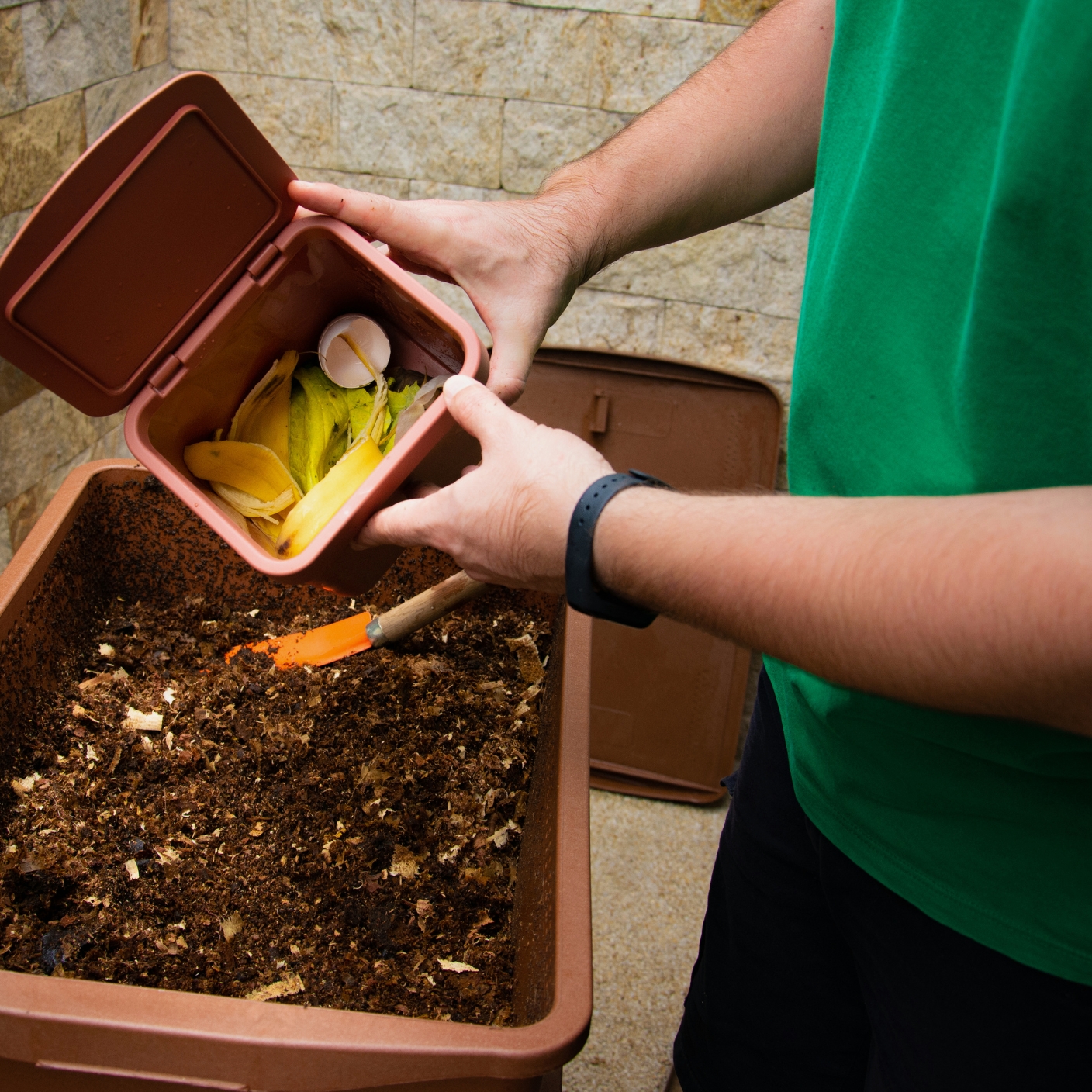Hey, Sustainability Seekers! 🌱
Living a zero-waste lifestyle is one of the most impactful ways to reduce your environmental footprint. But where do you start? The idea of completely eliminating waste can feel overwhelming, but I promise—small changes add up!
In today’s post, I’ll share easy zero-waste hacks that can help you drastically reduce your household waste, without making drastic changes to your routine. From swapping out single-use plastics to rethinking your packaging choices, these tips will help you live a more eco-conscious, trash-free life, one step at a time.
Let’s get started with some practical, sustainable swaps!
Table of Contents
Toggle1. Ditch Single-Use Plastic Bags: Bring Your Own Reusable Bags 👜
One of the easiest ways to cut down on waste is to stop using plastic bags. Whether you’re at the grocery store or picking up takeout, those flimsy plastic bags often end up in landfills (or worse, in our oceans).
- Swap it for: Reusable bags made from fabric, jute, or recycled materials.
- Bonus tip: Keep a few bags in your car or purse so you’re always prepared!

2. Switch to Bar Soap and Shampoo Bars 🧼
We’ve all used liquid soap and shampoo bottles for years, but they’re usually made of plastic and often end up being tossed after a few uses. Opting for bar soap and shampoo bars is a great way to reduce plastic waste while still keeping your skin and hair clean and fresh.
- Why it works: Bar soap and shampoo bars last longer, take up less space, and don’t require plastic packaging.

3. Say Goodbye to Paper Towels: Use Cloth Napkins and Towels Instead 🧺
Paper towels might be convenient, but they are also one of the biggest culprits in single-use waste. A household can easily go through rolls of paper towels every month, which adds up quickly.
- Swap it for: Cloth napkins, dish towels, and reusable cleaning cloths. These are just as effective but can be washed and reused over and over again.
- Bonus tip: Invest in a few cloth napkins with a fun design to make mealtime more stylish!
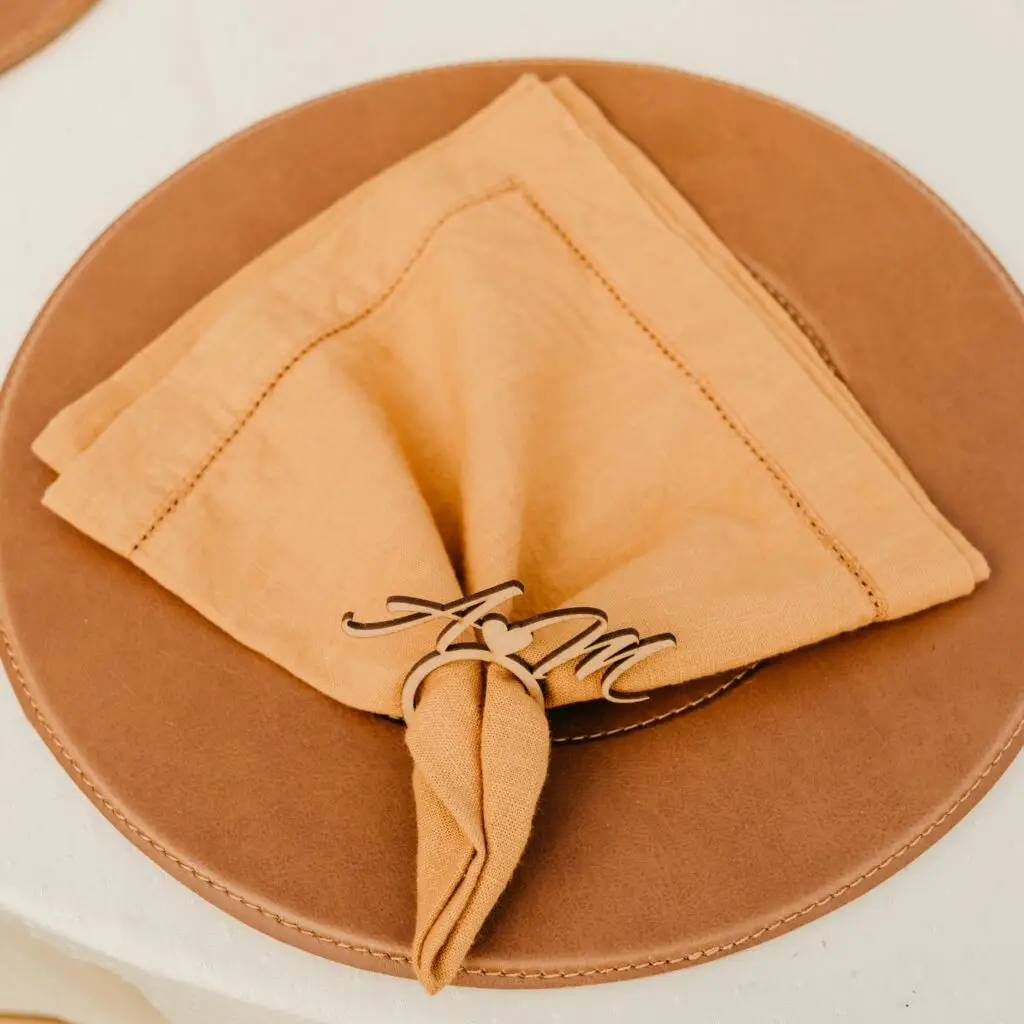
4. Refill Your Products: Avoid Disposable Bottles 💧
From hand soap to cleaning products, many common household products come in disposable plastic bottles. This single-use plastic can be easily avoided by refilling your products at local refill stations or using reusable containers.
- Swap it for: Refillable hand soap bottles, shampoo containers, and cleaning bottles. You can also make your own cleaning solutions using vinegar, baking soda, and essential oils!

5. Embrace Composting: Turn Food Scraps Into Nutrient-Rich Soil 🌿
Did you know that food waste is one of the largest contributors to landfill mass? Instead of throwing away your fruit and vegetable scraps, try composting them to create nutrient-rich soil for your garden.
- Why it works: Composting reduces methane emissions, which are produced when organic waste decomposes in landfills. Plus, it creates healthy soil for gardening!
- Bonus tip: If you don’t have a garden, you can donate composted materials to local community gardens.
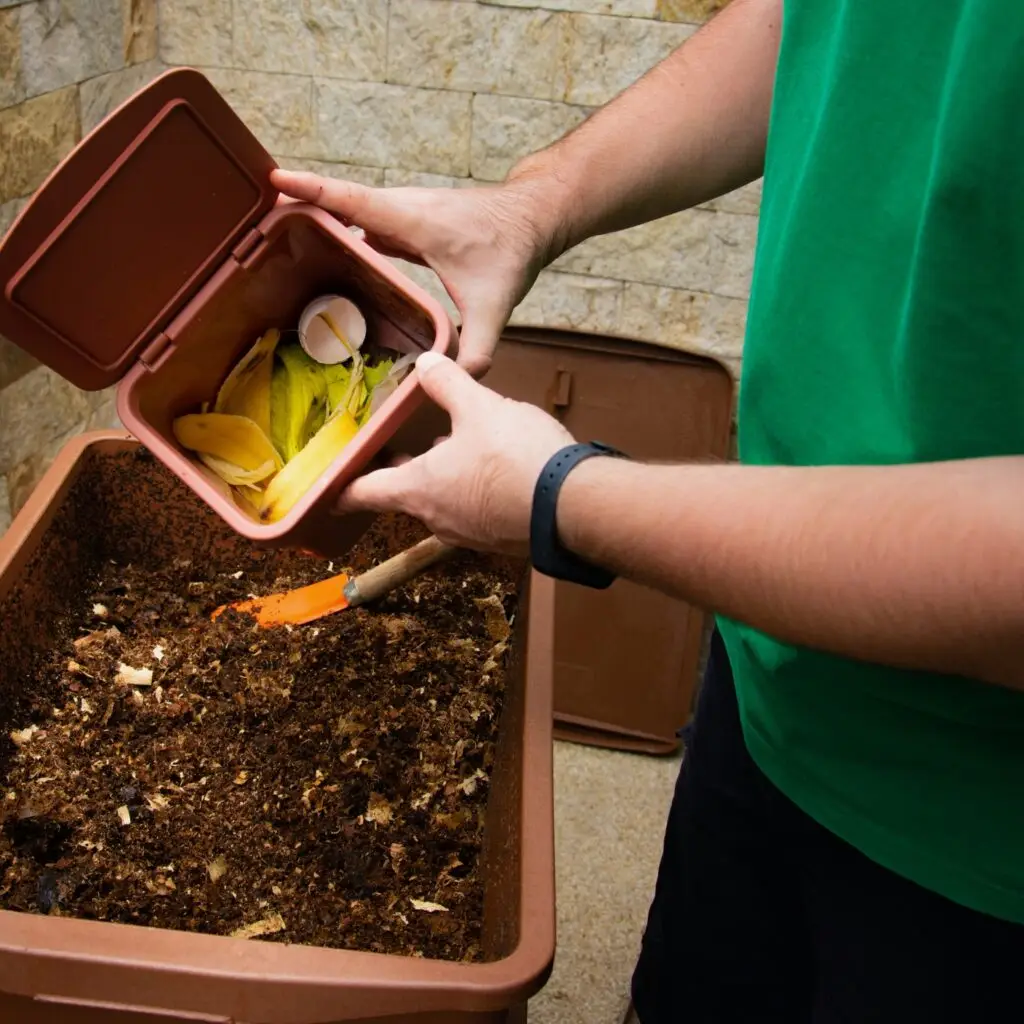
6. Invest in Reusable Coffee Cups and Straws ☕🍹
If you’re a coffee lover, you’ve probably used disposable coffee cups with plastic lids and straws more times than you can count. While convenient, they contribute to a huge amount of waste. Thankfully, the zero-waste solution is simple!
- Swap it for: A reusable coffee cup (preferably stainless steel or bamboo) and metal or bamboo straws.
- Bonus tip: Many coffee shops offer discounts when you bring your own cup!
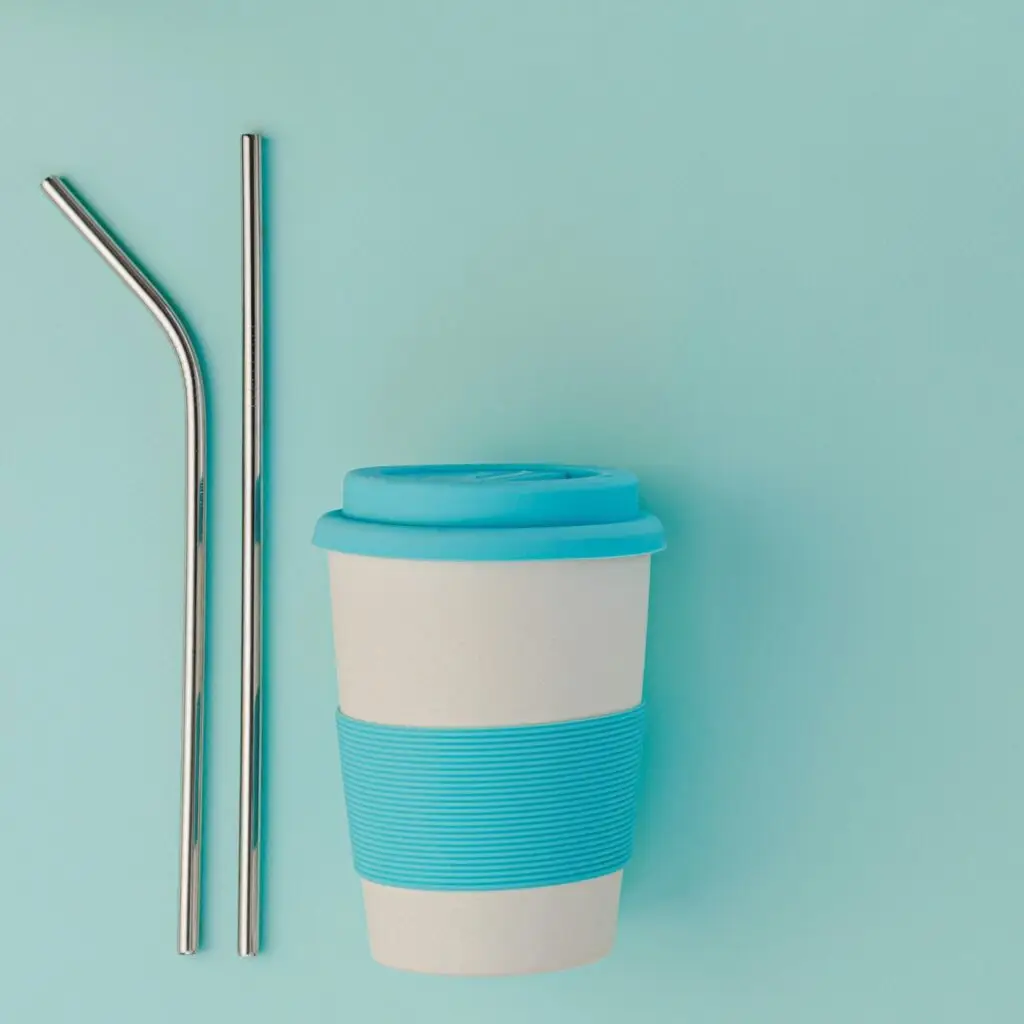
7. Go Paperless: Digital Alternatives to Reduce Paper Waste 💻
In the digital age, there’s no need to use paper for everything. From bills to notes, you can easily reduce paper waste by opting for digital alternatives. Set your phone or computer to go paperless for things like:
- Banking: Switch to electronic bills and e-statements.
- Notes: Use note-taking apps or digital planners instead of paper.
- Reading: Go for e-books instead of physical books (or visit your local library for digital borrowing!).

8. Shop in Bulk: Reduce Packaging Waste 🛒
Buying items in bulk is not only more cost-effective, but it also helps reduce unnecessary packaging waste. Many grocery stores now offer bulk bins for dry goods like grains, nuts, and spices, where you can fill your own containers.
- Swap it for: Bulk shopping at stores that offer eco-friendly packaging options or bring your own reusable bags and jars.
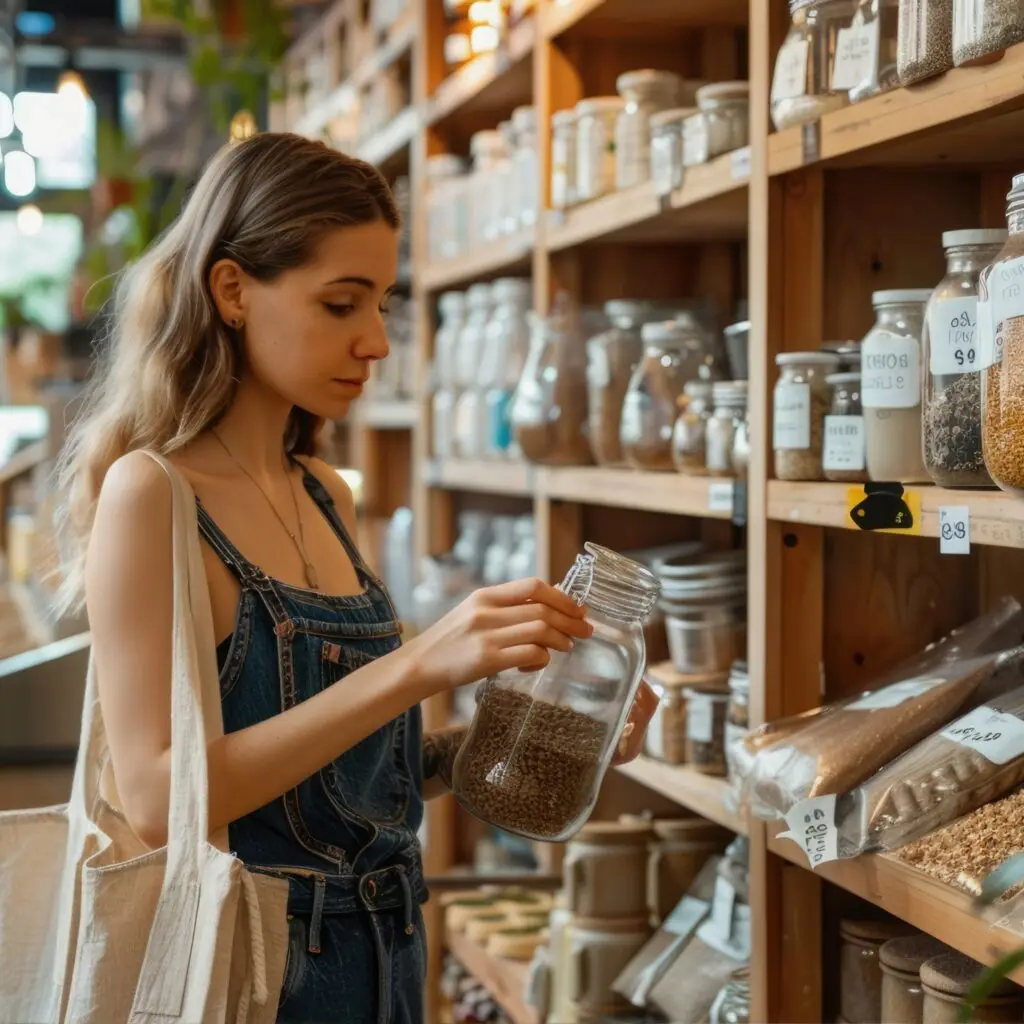
Ready to Start Your Zero-Waste Journey? 🌱
Switching to a zero-waste lifestyle doesn’t happen overnight, but with these simple hacks, you can start making a difference today. The key is to start small—every little change counts!
I’d love to hear your zero-waste tips and tricks! Drop your ideas in the comments below or share them on social media with #PlanetIdeal. And don’t forget to subscribe to our newsletter for more practical tips on living sustainably.
At Planet Ideal, we’re on a mission to make sustainable living accessible for everyone. Our team of eco-enthusiasts writes short, snappy, and easy-to-digest articles designed to inspire real change without overwhelming. From practical tips to innovative ideas, we’re here to prove that living green can be stylish, convenient, and enjoyable. Join us as we empower individuals, families, and communities to embrace eco-friendly lifestyles—one step, one story, and one solution at a time.

